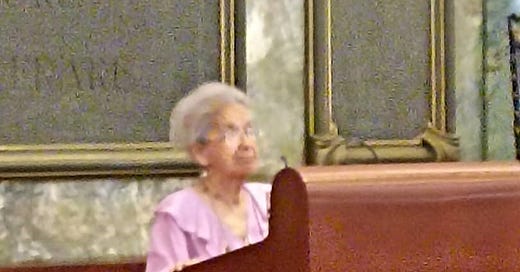Dr. Thalía Fung, the founder of the Cuban Society of Philosophical Investigations, died on November 20, 2023, at the age of 89, provoking a tremendous outpouring of affection and tribute from her Cuban colleagues. I take the sad occasion to reflect on Dr. Thalía’s life work.
Dr. Fung earned degrees in Law from the University of Oriente in Santiago de Cuba and in French language and literature from the University of Havana. She was granted a doctorate in Philosophical Sciences in 1977 by the University of Lomonosov in Moscow, where she presented for the first time her comprehensive vision of the Cuban revolutionary process. And she was granted in 1985 a doctorate in sciences by the Academy of Sciences of the Soviet Union.
She was part of a group of novice lawyers that lent voluntary legal counsel to the participants in the uprising against the Batista dictatorship on November 30, 1956, among whom were members of the Granma expeditionary force. She was active in the 26…


